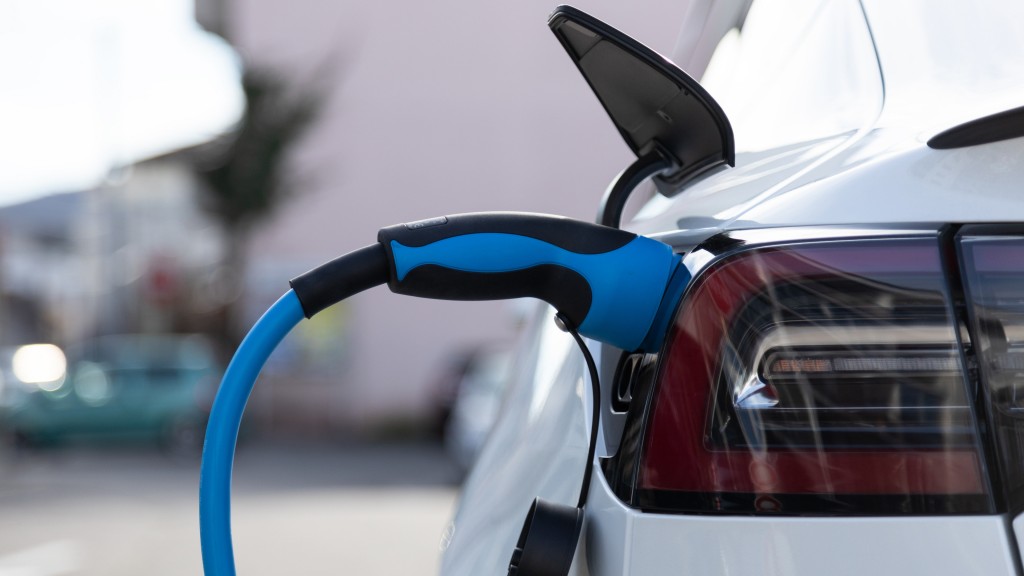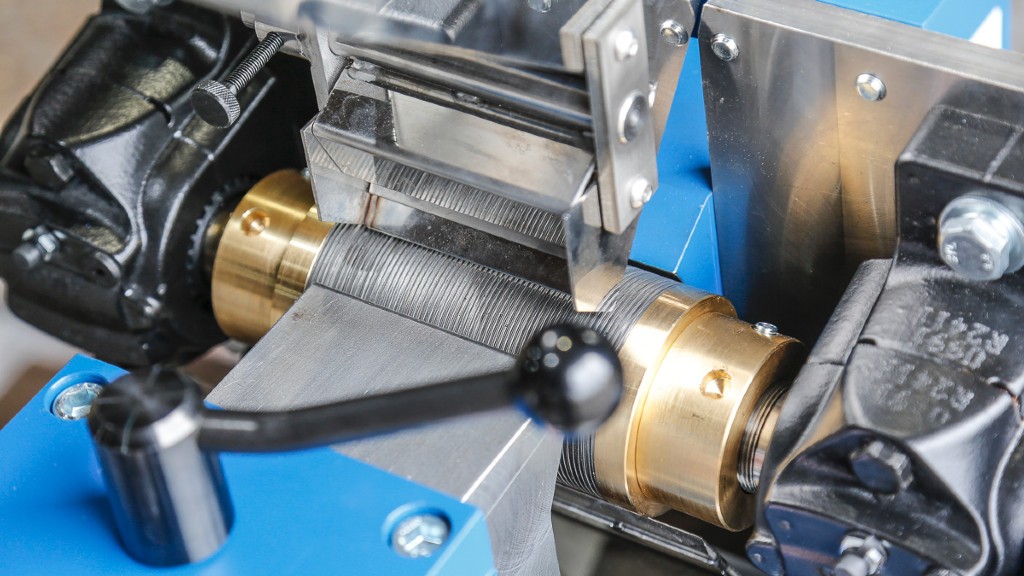
As part of Biden's Investing in America agenda, the U.S. Department of Energy (DOE) will fund 17 projects for $62 million through the Bipartisan Infrastructure Law to increase consumer participation in consumer electronics battery recycling and improve the economics of battery recycling. Under the Biden-Harris Administration, electric vehicle (EV) sales have quadrupled, reaching record-high levels of more than 1.4 million sales last year. With demand for electric vehicles (EVs) and stationary energy storage projected to expand the lithium battery market, investments in sustainable, reduced-cost recycling of consumer batteries are critical to securing a U.S. materials supply chain. Recycling used batteries reduces demand for new materials and allows U.S. production at lower costs.
"Capturing the full battery supply chain – from sourcing critical materials to manufacturing to recycling – puts the U.S. in the driver's seat as we build our clean energy economy," said U.S. Secretary of Energy Jennifer M. Granholm.
The 17 projects selected for DOE's Consumer Electronics Battery Recycling, Reprocessing, and Battery Collection funding opportunity are essential to the $7 billion in total authorized by the Bipartisan Infrastructure Law to grow and secure the battery supply chain in the U.S.
What's included in the 17 projects?
Expanding participation in consumer electronics recycling: Increasing the collection of end-of-life consumer electronics and stand-alone batteries for recycling is a key element in developing a sustainable U.S. source of battery-grade materials. Four projects were selected to do this through student education and outreach, including e-waste collection events, representing $14.4 million in funding.
Improving the economics of recycling consumer electronics batteries: Generating greater market demand for recycling consumer electronics batteries through cost-saving approaches to pre-processing and sorting. Seven projects were selected to do this through approaches including artificial intelligence and automated sorting, representing $40.1 million in funding.
Establishing programs to collect consumer electronics batteries: Implementing projects that will assist state and local governments in the initiation or enhancement of battery collection, recycling, and reprocessing. Six projects were selected to do this through approaches including battery collection drop-off programs and deploying battery storage and sorting facilities, representing $7.2 million in funding.
Projects selected for this funding must advance diversity, equity, inclusion, and accessibility; contribute to energy equity; and invest in America's workforce. This funding - which will be administered by DOE's Vehicle Technologies Office (VTO) and Office of Manufacturing and Energy Supply Chains (MESC) - supports goals and targets detailed in the Federal Consortium for Advanced Batteries' (FCAB) National Blueprint for Lithium Batteries.
Continuing to build a U.S. battery supply chain
The announced funding builds on previous investments from the Bipartisan Infrastructure Law to strengthen the domestic battery supply chain by supporting upstream materials processing to create the precursor materials for batteries including the more than $74 million announced to date to advance EV battery recycling and second-life applications.


